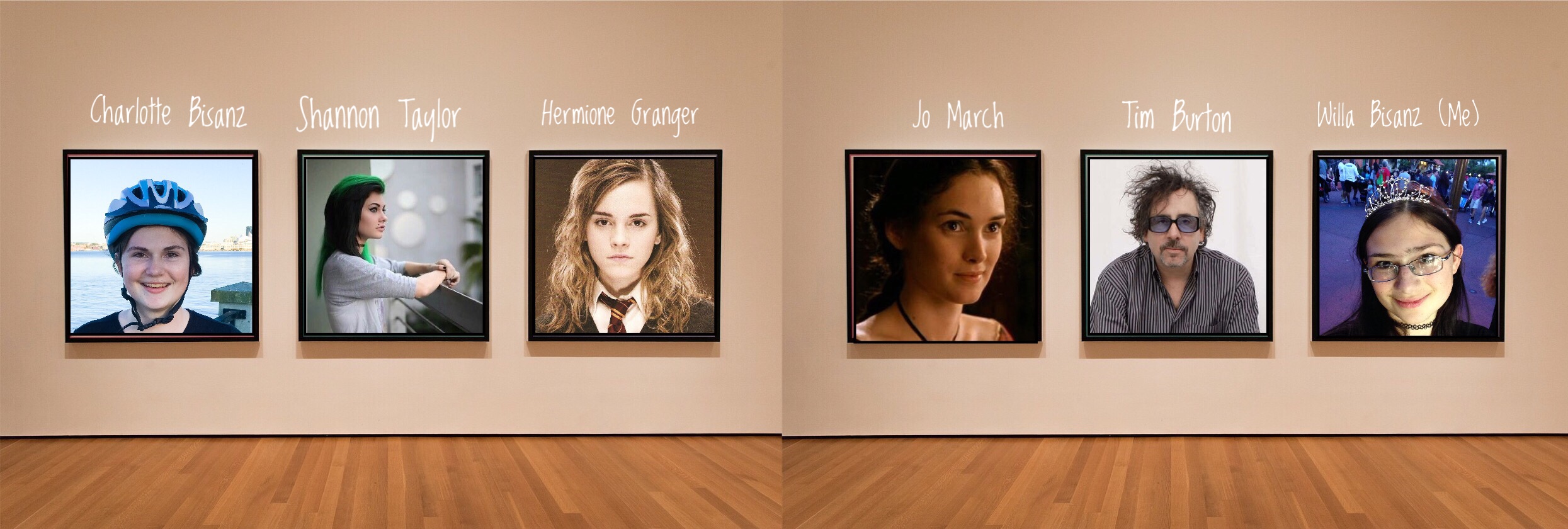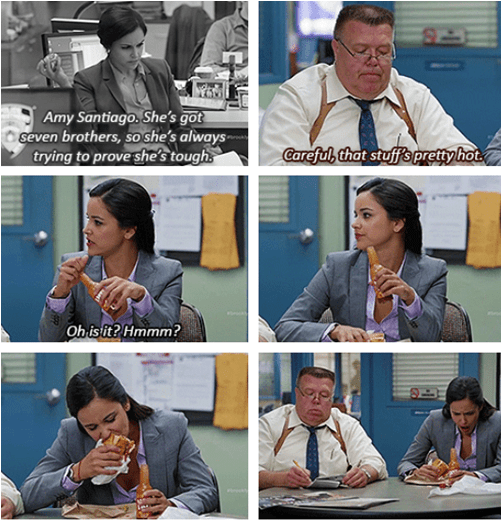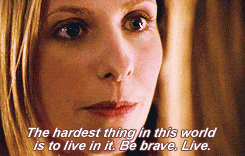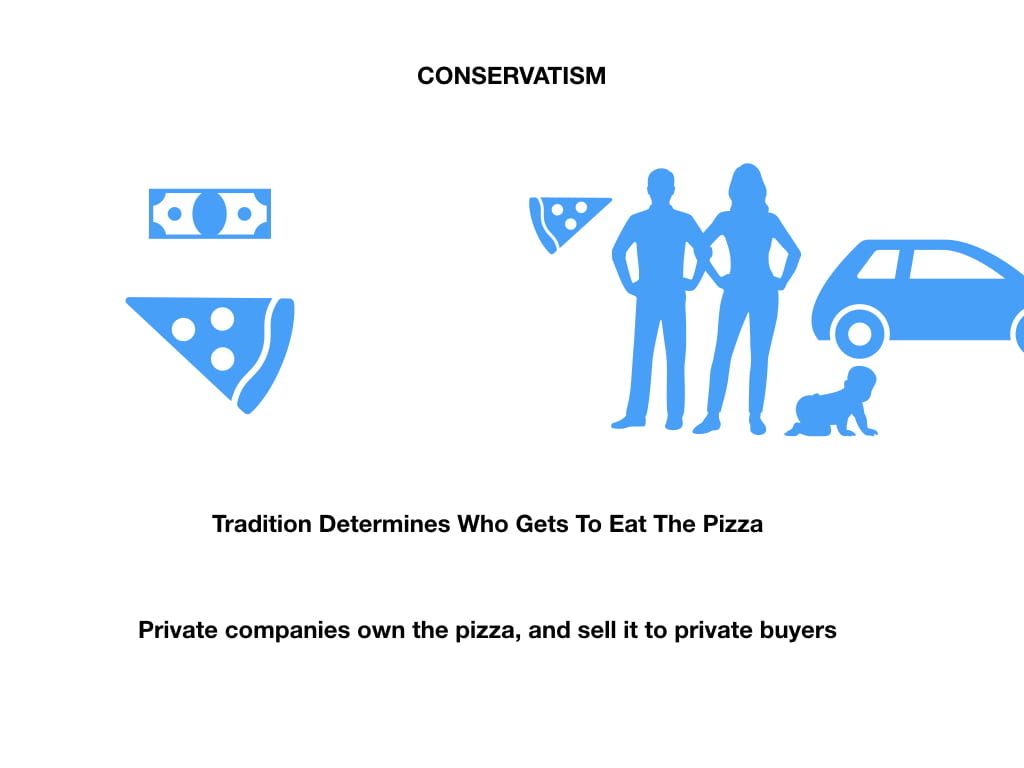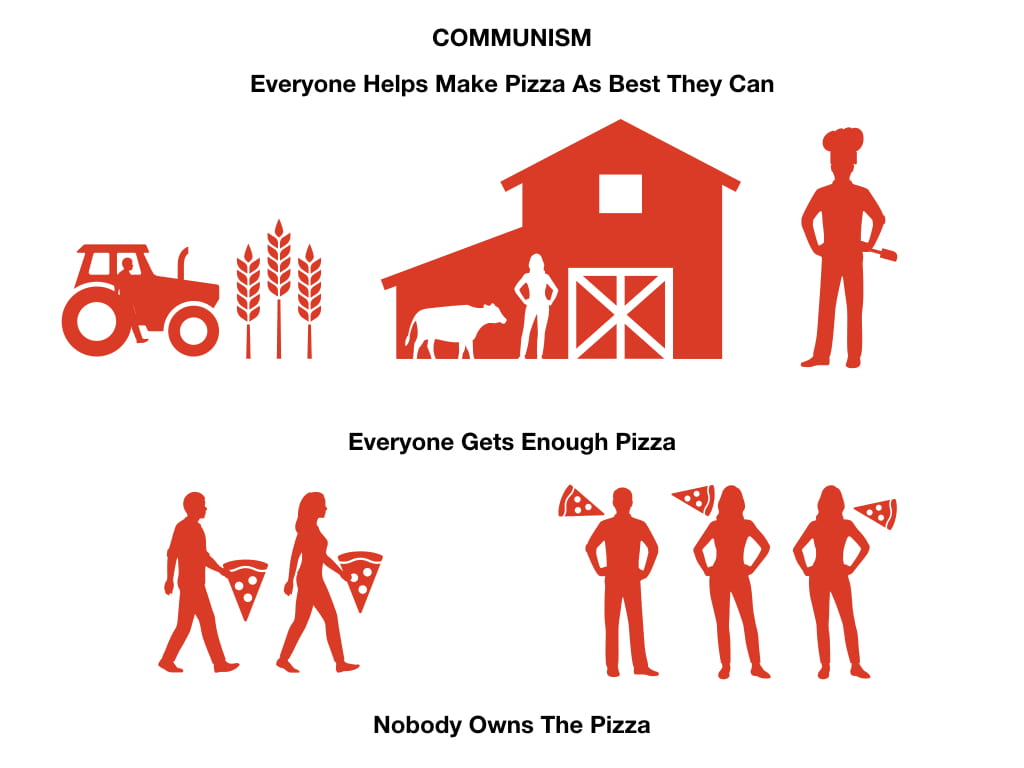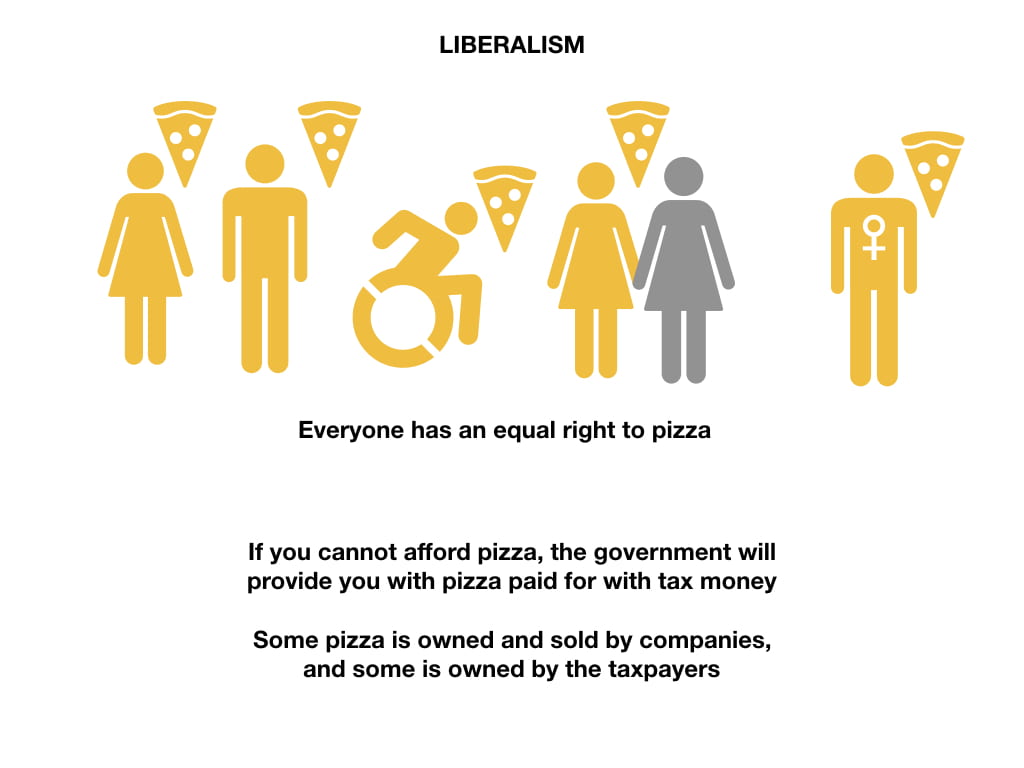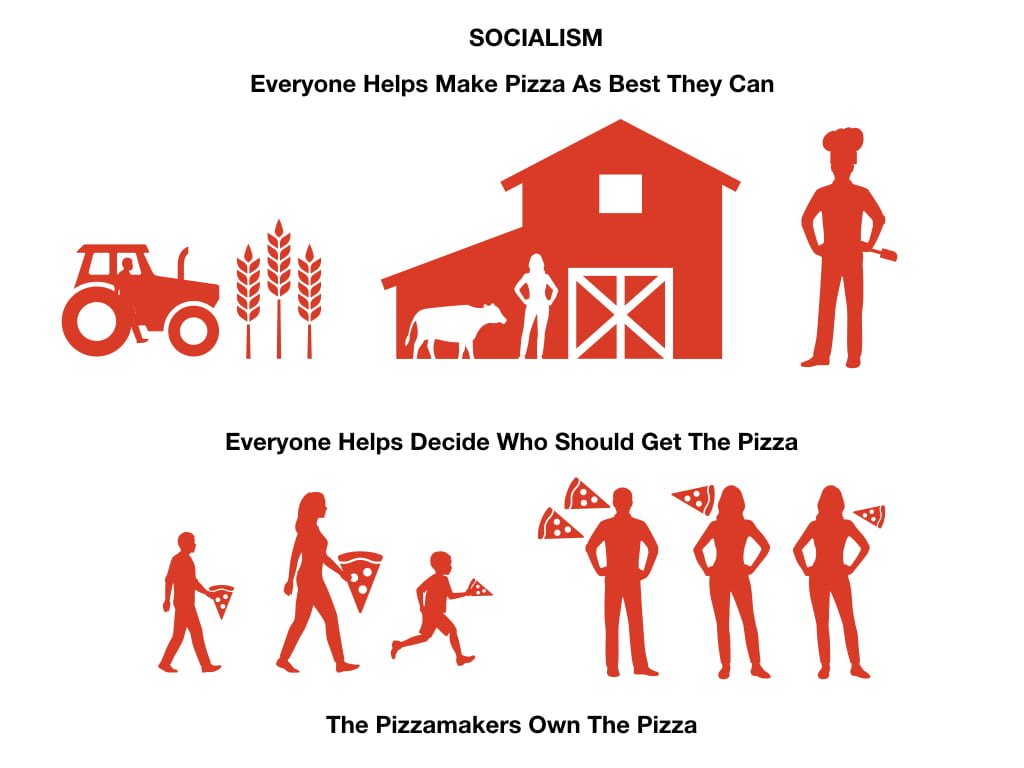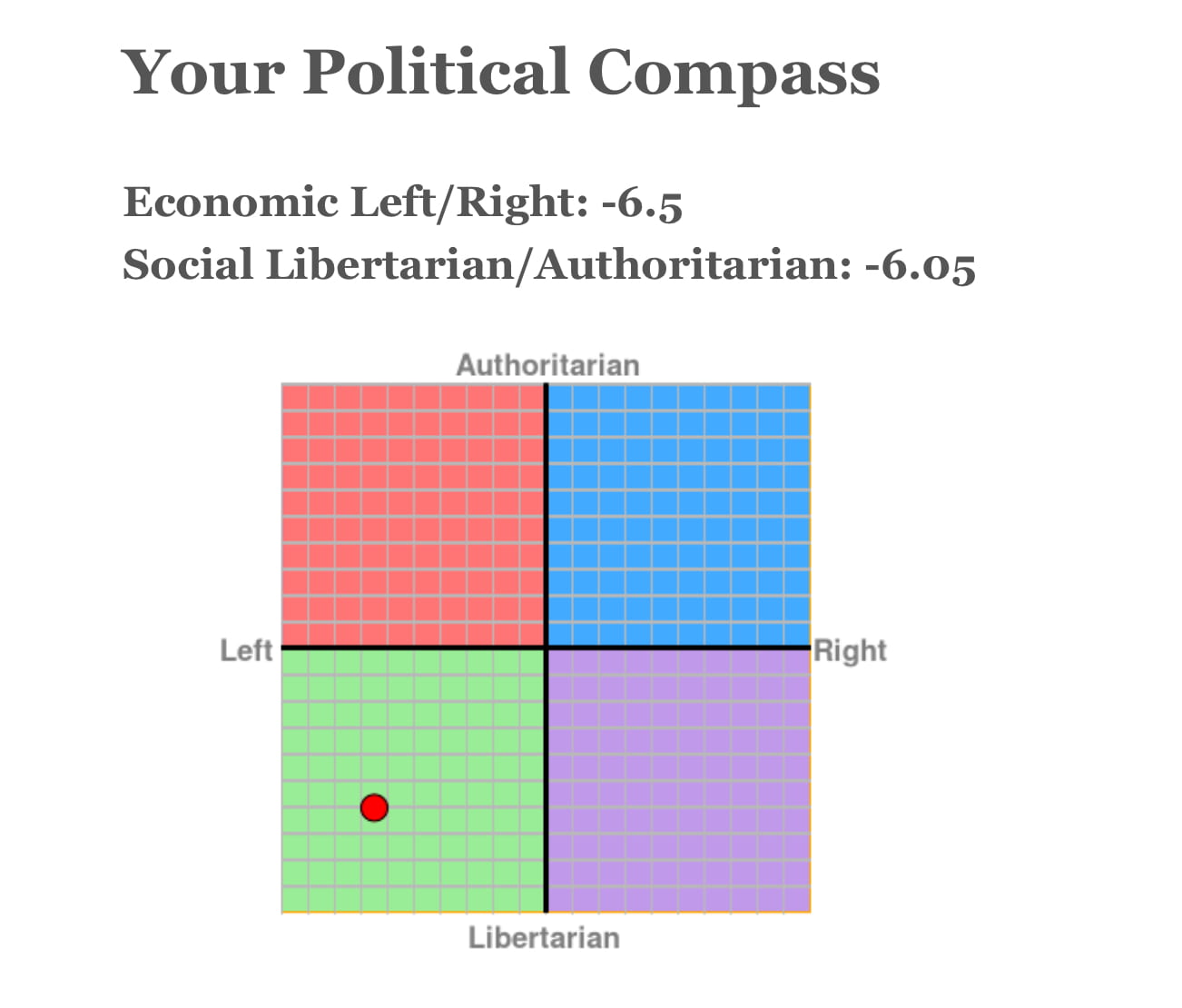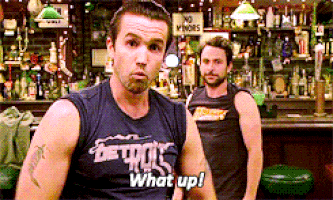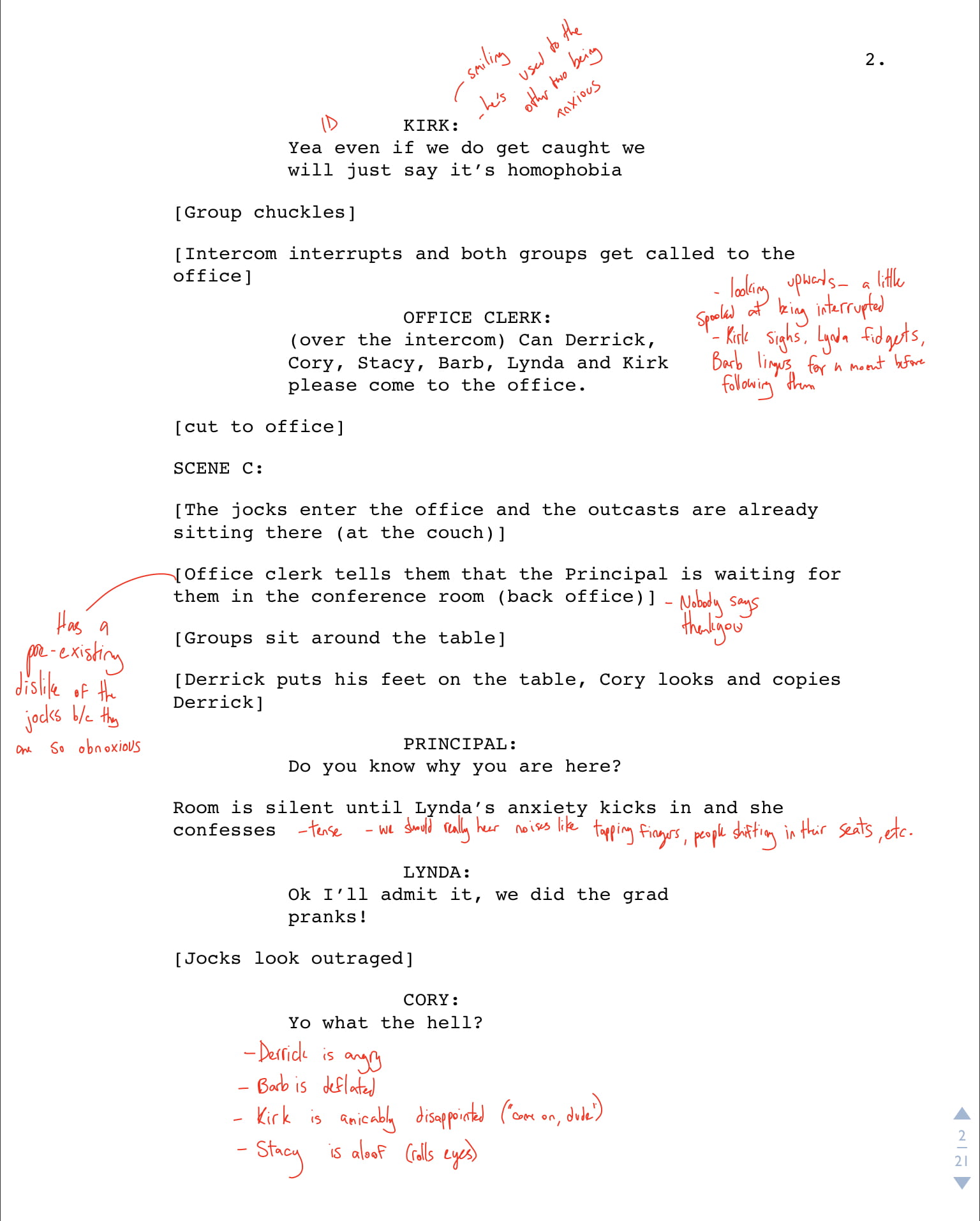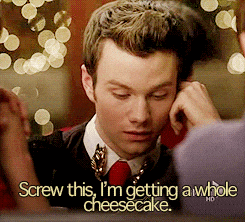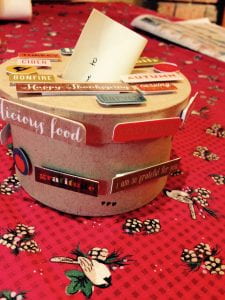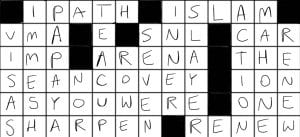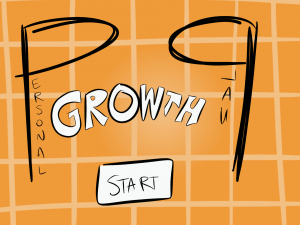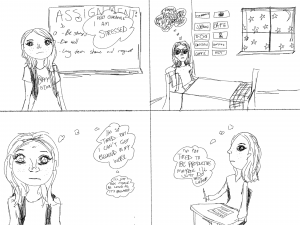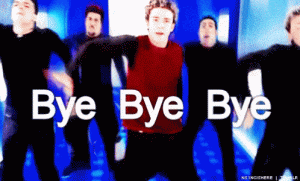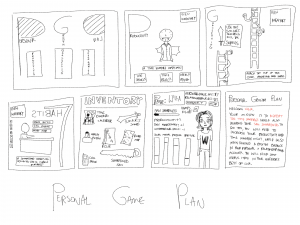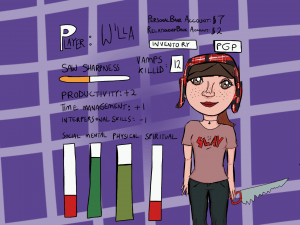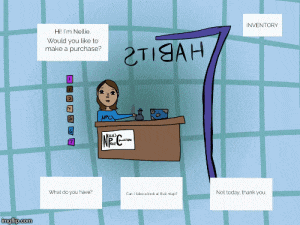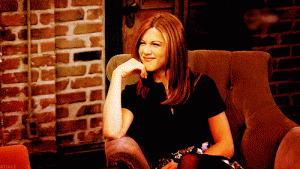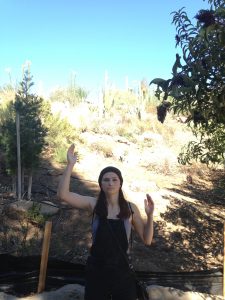Hello, Internet.

So, about three years ago, I did a project called “Who’s at my table”. This project consisted of choosing several role models who I would want to be “at the table” with me during a meeting to make important decisions.
The people that I chose for this project were Jo March, Hermione Granger, Tim Burton (or, more accurately, Tim Burton’s work), Shannon Taylor, and my sister Charlotte.
Today, my list of role models look a little different. I could probably still make a case for Jo March being on the list – she’s a character who inspired me pretty young, and probably one I will always identify with – but the only person from my original list that I would still immediately say is a role model for me is (unsurprisingly) my sister. So, I’ve created a revised list; five women, some real and some fictional, who I look up to.
Like many people, I’ve been watching a lot of TV since the beginning of the pandemic, and I was excited to watch the most recent season of Brooklyn Nine Nine. While B99 has several characters who would make excellent role models, the one that I personally connect with is Amy Santiago, a smart, driven career woman with a love of crosswords.
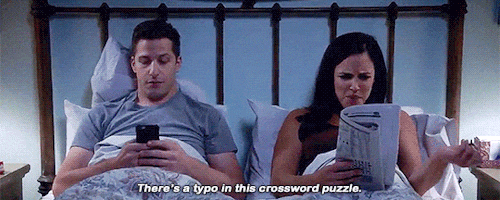
Amy starts out the show already possessing several qualities that I strive to have myself. She has a strong work ethic; she’s ambitious and always willing to work for her goals; she values learning and is constantly excited to find out new things, no matter how mundane they may seem to the people around her; she’s generally responsible, organized, and dependable; and she’s (usually) true to herself and openly passionate about her interests, even when they aren’t shared – or are even openly mocked – by those around her. As someone with the (somewhat lofty) career goal of eventually owning my own business, many of these things are specifically necessary in order for me to achieve my dreams.
Amy’s journey and character development over the series are also inspiring to me. She struggles with being over-competitive, due in part to the fact that she has accomplished siblings; she has difficulty relaxing or enjoying life due to her type A personality, and her perfectionism can lead her to become anxious or lose confidence in herself; she has to balance being able indulge in feminine things like fancy dresses, while still commanding respect in a leadership role. As the series goes on, she works to overcome these issues, and although they certainly don’t disappear, she sticks with it, and is able to improve as a person.
I’m a pretty competitive, type A person myself, so I enjoyed seeing a character who acknowledges that while those things are not necessarily bad, flaws may stem from them if you don’t temper them, and then puts in the work to do just that.
Throughout the show, we see Amy consistently becoming more successful as a result of her hard work. She excels at her job as a detective; she gains the respect and mentorship of her captain; she becomes a sergeant; she accomplishes all of this while also getting married and starting a family; and she grows as a person throughout. Amy’s arc is a success story, with a still relatable and flawed character, and it’s hard not to be inspired by her accomplishments.
While I love Brooklyn Nine Nine, the show that I generally cite as my favourite is Buffy The Vampire Slayer. While, again, there are several characters on this show who could be considered positive role models, I think the best one is also the most obvious: Buffy Summers herself.
Buffy is certainly a character who was written to be a role model. In the universe of the show, she is the archetypal “chosen one”, born with a destiny to fight vampires and demons. When we start the show, she already knows about this destiny (following the events of the movie), but is attempting to reject it in favour of a normal life. Throughout the first two seasons, we see her come to terms with this aspect of her life, and time and time again, she steps up to save her friends, her town, or the world. She learns to make sacrifices for the common good; she becomes strong, smart, and resourceful; most of all, she is endlessly resilient, continuing to fight regardless of the effects on her own life or emotional state.
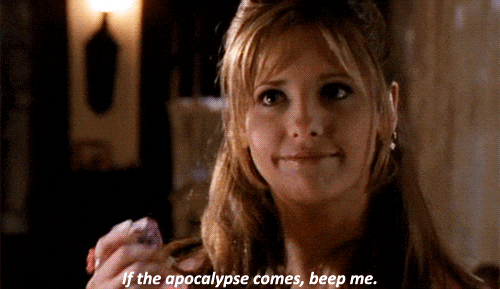
In the later seasons, Buffy has a young sister retconned into her life, followed shortly by her becoming the sole guardian of said sister after the death of their mother. Buffy is forced to drop out of college and get a minimum wage job to support herself and her sister. Despite her grief, she has to be mature and responsible, suddenly finding herself tasked with yet another very adult responsibility, at the age of only 21. While Buffy had already lost much of her youth to her job as a slayer, it is after the loss of her mother that she really has to grow up.
Also at around this time in the series, Buffy sacrifices her life to once again save the world, and is brought back from the dead. This, in conjunction with the loss of her mother, leads her to become deeply depressed, and we see her struggle to overcome this – and, although she is forever changed, she does come out the other side with her ability to just keep fighting intact.
While the events on Buffy are much more extreme than Brooklyn Nine Nine, or real life, Buffy’s heroism and character development are no less inspiring. Buffy acts as a reminder that no matter what happens, recovery and success are possible, as long as you don’t give up.
Of course, I haven’t only been watching TV during the pandemic. I’ve also been watching YouTube, and listening to music! Mostly Dodie Clark, a British YouTuber and musician. Unlike with a TV show character, I of course can’t know the details of her life. However, her videos and songs often have themes of mental health, or more specifically combating mental illnesses such as depression. Additionally, her work often has a comforting vibe, and – again, in contrast to TV shows – her videos are often about mundane things like making a cup of tea or assembling Ikea furniture. While being a successful musician would have some pretty drastic effects on one’s lifestyle, these sort of mundane videos paint a more achievable vision of success. As someone who’s about to graduate, and (once the pandemic has subsided) move out, it’s helpful for me to have a role model who is just going through adult life, getting an apartment and a job, and working on being happy even when things get in the way, often more so than it is helpful to have a role model who is literally saving the world.
Going in a completely different direction, the next person I want to talk about is Coretta Scott King. While most famous for being Martin Luther King, Jr.’s wife, she was also a proponent of intersectional activism – aside from being very involved with the civil rights movement, particularly after MLK’s assassination, she was also involved with the women’s rights and LGBTQ+ rights movements. Her contribution to these movements is often overshadowed by the fact that she was married to MLK, but she was an exceptional person who stood up for what she believed in, and I think everyone should aspire to be more like her.
Finally, I want to talk about the one person who I had on my list of role models three years ago who is still on that list – and probably always will be.
I am pretty close with my whole family (which is good, since we now have six adults living in one house, and none of us leave to go to work or school), but my sister Charlotte has always been a particular role model for me. She is the person closest in age to me – currently she’s 22 and I’m 17 – and she’s typically in essentially the next stage of life after wherever I am at a given time. When I was in elementary school, she was in high school, throughout my time in high school, she’s been attending university, and this year we both graduate, so when I start university she’ll be working full time. This means that whenever I am anxious or unsure about what my future is going to look like, she is always someone I can look to as an example of success.
Growing up with older sisters, I both wanted to be like them, and wanted to differentiate myself. I have many interests that I share one or both of my sisters – hockey, boxing, choir, piano. Both of my sisters got excellent grades all throughout school, and while I try my best to do the same, I am not always successful. However, as we have all gotten older and grown as people, I have been able to develop my own identity that is not a carbon copy of my sisters, allowing me to just look to them as role models and not people I need to work to set myself apart from. In the case of Charlotte, I am particularly inspired by her creativity and academic success, and I know there are always things I can learn from her, like how to make new friends at university, or how to build cool LEGO robots.
All of these role models help me stick to my personal mission statement: I will do everything I can to achieve my goals, and grow as a person, while also remembering to “sharpen the saw” and take care of myself, and stick to my principles and beliefs. Watching all my role models work hard to achieve success helps motivate me to put my all into my goals. Watching Amy and Buffy develop as characters onscreen, and Charlotte grow as a person in real life, remind me to keep pushing myself as a person. Watching Dodie and Buffy struggle with mental health issues, and eventually make progress and start overcoming them, reminds me that it’s important to take care of myself, and not to get burnt out in the interest of hard work. Reading about Coretta Scott King helped inspire me to stand up for my beliefs and stick to my principles no matter what.
Keeping in the theme of the last time I did this project, when I chose to represent my role models and myself as pictures in an art gallery, I have decided to represent my new list of people as statues.
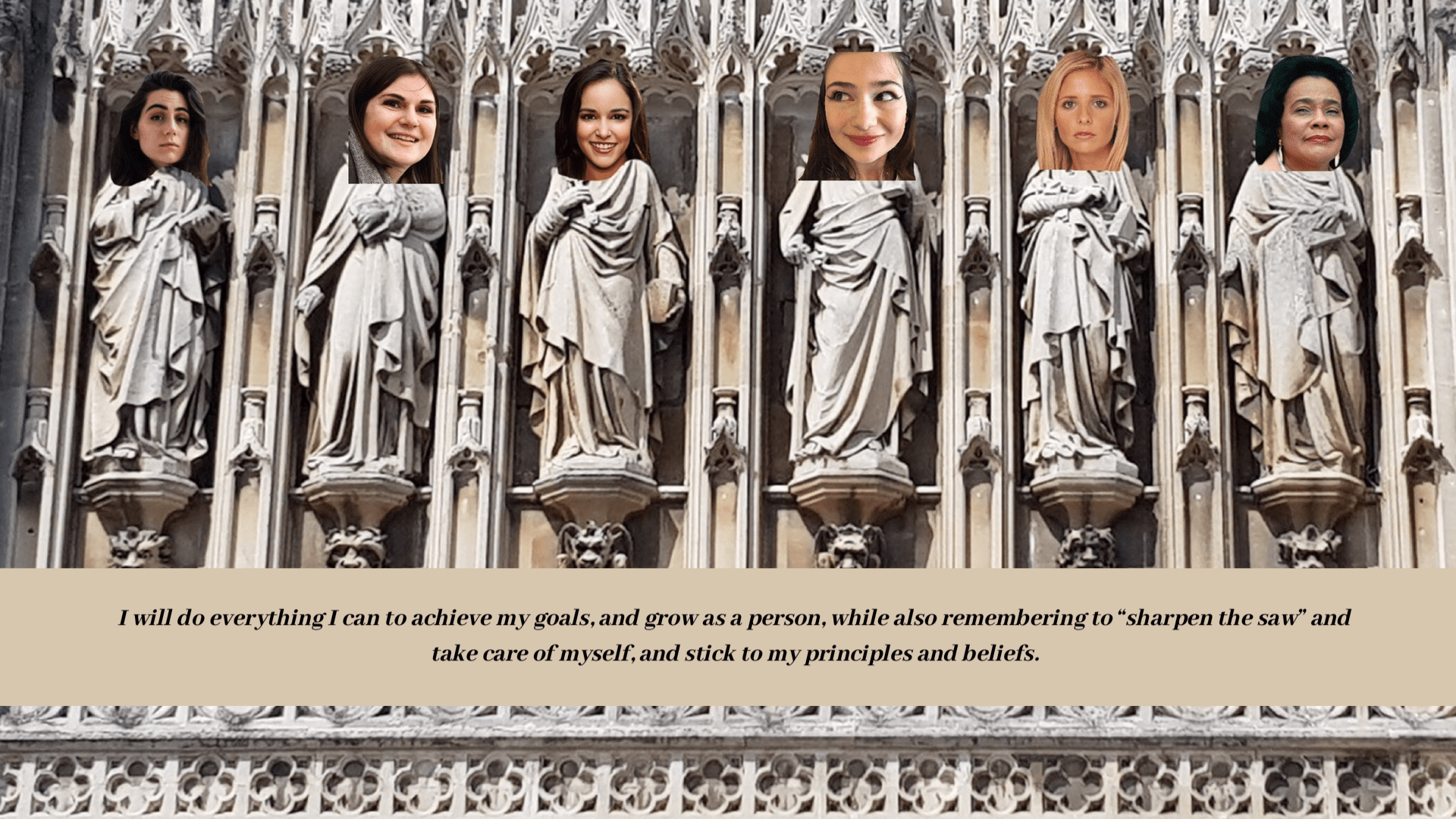
I enjoyed coming back to this assignment, and seeing how much the list of people I looked up to has changed in just three years. In another three years, I’m sure it will be completely different.
Toodles.
